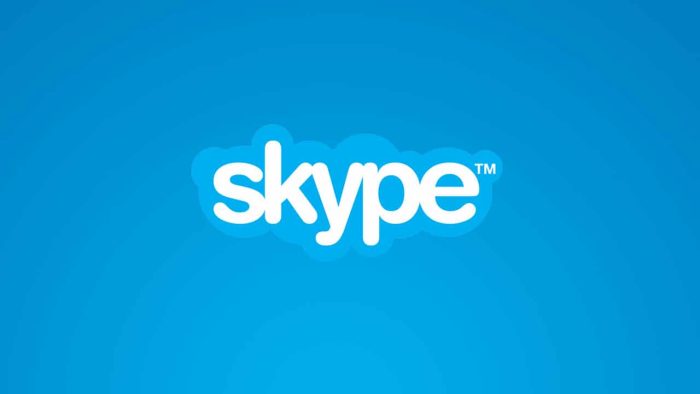Skype looks back on a year of innovation
4 min. read
Published on
Read our disclosure page to find out how can you help Windows Report sustain the editorial team Read more

This year has been kind of busy for messaging apps, as the most popular options out there including Facebook Messenger and WhatsApp now claim 1 billion monthly active users. All these apps are now transforming into platforms, welcoming brands and bots to give users more incentives to spend time with them.
Of course, this is great competition for Skype and this year Microsoft didn’t rest on its laurels. Today, the company published a new blog post to look back at some of the things that have been accomplished by the Skype team over the last 12 months, and there are quite a lot of highlights to cover.
First of all, one of the biggest new features that rolled out this year is group video calling on mobile. Skype was not the first messaging app to bring this feature on mobile devices (Google likely did it first with Hangouts), but this is still a big deal considering that Microsoft has also increased the number of people who can have a video call from 5 to 25.
Next, Microsoft introduced Skype Bots during its Build 2016 developer conference, giving developers and brands a new way to reach consumers in the messaging app. Microsoft and other messaging apps are just getting started with bots, but the new tools look to be an interesting way to bring artificial intelligence to the mainstream. “From finding gig tickets with StubHub to planning flights to your perfect vacation with Hipmunk and Skyscanner, or simplifying shipping with UPS—you can achieve so much more, right from a chat window,” added Microsoft
Following the release of the Anniversary Update, Windows 10 users are now able to try the new Skype Preview universal app which is slowly reaching feature parity with the legacy desktop apps. Moreover, the app is currently available on Windows 10 PCs, mobile, HoloLens and will eventually release on the Xbox One. Also, some exclusive features: With SMS Relay, Windows 10 Mobile users can finally set the Skype UWP app as an all-in-one messaging app on their Windows phone and send and receive a text message on their PCs.
Skype Translator also reached new milestones this year, now supporting text-to-text translation in 50 languages as well as voice translation in 9 spoken languages. Earlier this month, the Skype team also rolled out voice translation for calls to mobiles and landlines on the Skype Preview UWP app, bringing, even more, value to Skype credit and subscriptions.
The Skype team also released a new Skype for Linux client this year, while Skype for The Web has become even more useful for those who don’t have a Skype account. While it was previously possible to invite non-Skype users to join a chat by sharing a unique link, the new “Skype as a guest” feature goes a step further. Now, everyone can visit web.skype.com, click “start a conversation,” enter a name, share the conversation link with others and start chatting right away.
Earlier this year, Skype also announced the move from its peer-to-peer infrastructure to a cloud-based one, which will improve reliability and enable new services going forward. However, this also means that older versions of Skype on iOS, Android, and Windows Phone will no longer work starting early next year.
Lastly, the Skype team has introduced new holiday themed emoticons and emojis that will be fun to use during this holiday season. iOS and Android users can also use the app to send personalized Skype holiday card videos that they can also share over on other social networks and email.
As 2016 is coming to a close, next year is expected to be another interesting year for Skype. We’re still waiting for the universal app to be officially announced on the Xbox One, while Android users can now try a new alpha app with native calling, SMS, and contacts management capabilities. Skype may still continue to struggle to get as much momentum as WhatsApp and Facebook Messenger, but Microsoft seems to be doing the right thing to make its messaging app one of the most full-featured and ubiquitous solutions on the market.












